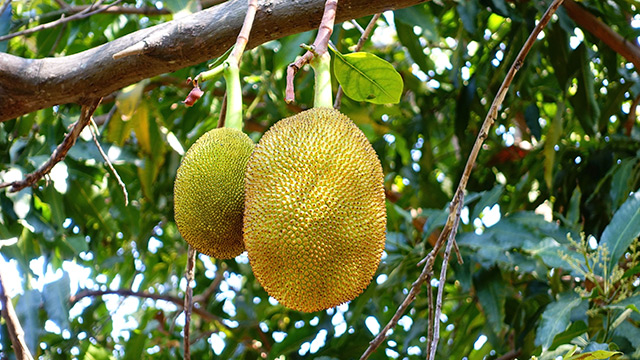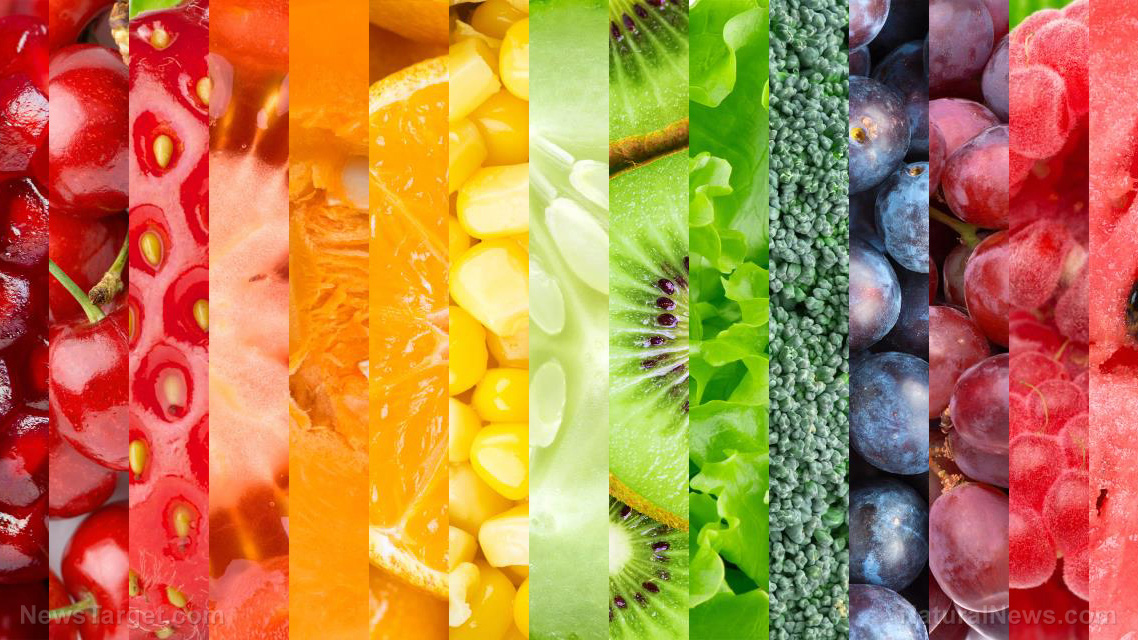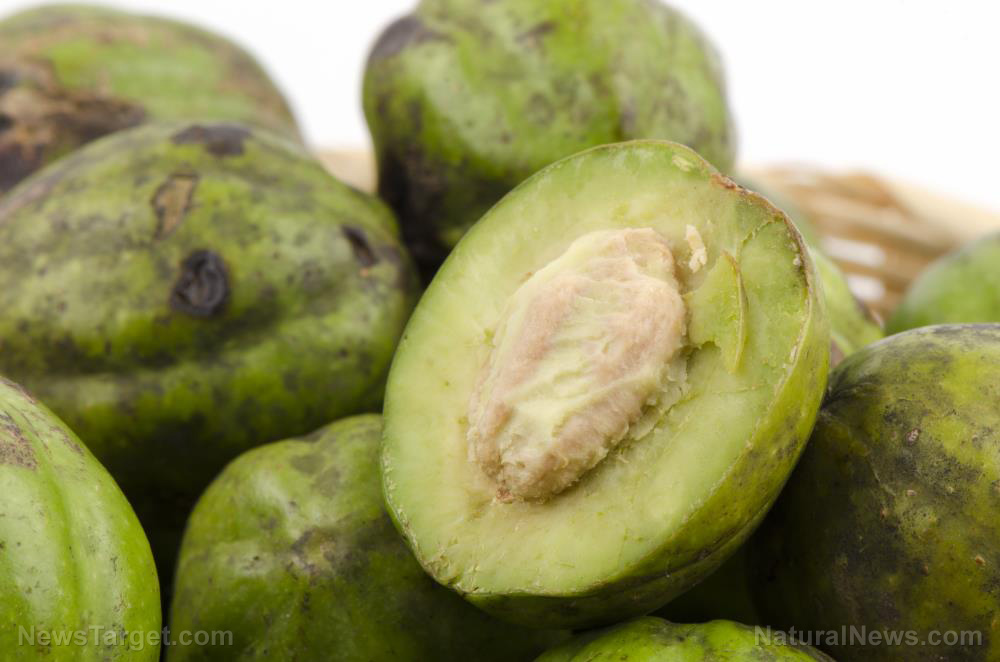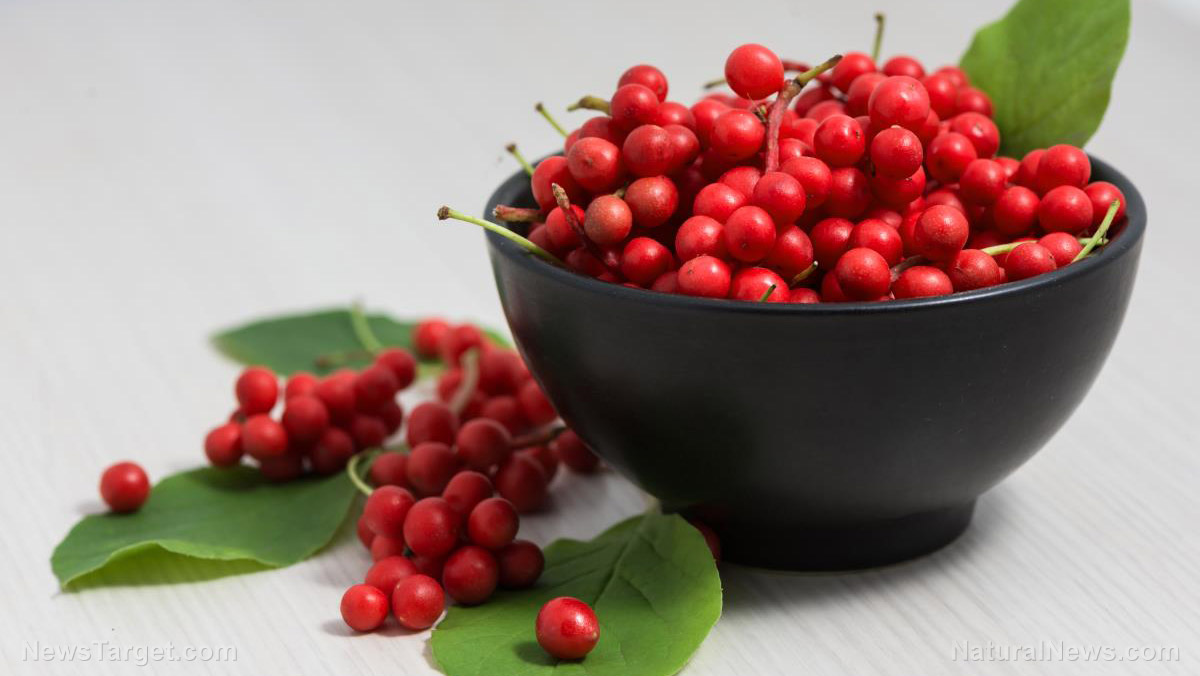Plant-based DHA found to adequately meet nutritional needs for vegans and vegetarians
04/25/2018 / By Frances Bloomfield

Adhering to a vegetarian or vegan lifestyle has both benefits and drawbacks. One such drawback is the lack of reliable docosahexaenoic acid (DHA) sources. This omega-3 fatty acid is usually obtained from animal products, with fatty fish and seafood having the most abundant DHA content. As such, vegetarian and vegan populations are often unable to consume adequate amounts of DHA. Yet, according to a team of Australian researchers, taking algal supplements is an easy way to get around this.
To arrive at this conclusion, the investigators reviewed five studies on plant-based sources of DHA. The five studies comprised three randomized control trials and two prospective cohort studies, which the team found through online scientific databases. These studies were chosen because they reported the effects of algal DHA supplementation on blood, as well as comparisons to omnivorous participants.
All of the studies pointed to algal DHA supplements positively impacting the participants. Specifically, the researchers noted that circulating DHA levels went up by a significant margin, as evidenced by the changes in plasma, serum, platelet, and red blood cell count DHA fractions and omega-3 indices. Most notably, the omega-3 indices increased by 82 percent at the most and 55 percent at the least, with all other omega-3 indices changes falling between that range.
Additionally, the researchers also discovered that algal DHA supplementation influenced eicosapentaenoic acid (EPA) levels. Normally, EPA concentrations are lower in vegetarian and vegan populations due to being a fatty acid present in animal products. As the studies demonstrated, however, vegetarians who’d been given algal DHA supplements had EPA levels that were on par with omnivorous participants, indicating that DHA turned into EPA through retro-conversion.
Though the researchers weren’t able to pin down an exact dosage to bring about these enhancements, they nonetheless showed that adding DHA to the diet could indeed be beneficial to vegans and vegetarians.
Why you need DHA
DHA is a healthy fat that supports numerous bodily functions and organs. According to Healthline.com, these include:
- Brain development: Brain tissue growth requires DHA, particularly during infancy and early childhood. In fact, DHA deficiency has been linked to developmental issues in humans and in animals. Among animals, decreased DHA can result in impaired learning and eyesight; humans who lack DHA early on are more prone to developing learning disabilities, ADHD, and aggressive personalities. Furthermore, DHA is believed to improve the memory and verbal fluency of certain people. (Related: Essential brain food: Here’s why you probably need DHA supplements.)
- Eye and vision health: Inadequate amounts of DHA increase the risk of vision problems. This is because DHA activates rhodopsin, a membrane protein located in the rods of the eye. The purpose of rhodopsin lies in helping the brain receive images.
- Heart health: All omega-3 fatty acids have some impact on the heart, and DHA is no exception. A person who regularly consumes DHA is less prone to heart disease since this substance greatly improves a good number of heart-related risk factors. These range from reducing blood triglycerides to lowering blood pressure to raising high-density lipoprotein or good cholesterol levels.
- Growing babies: Fetuses and infants need DHA more than adults because DHA plays an important role in the formation of brain and eye structures. Pregnant women are encouraged to boost their DHA intake specifically because of its impact on their children.
Visit Nutrients.news to read up on the other benefits of DHA, or to discover other vegan-friendly foods to meet your nutritional needs.
Sources include:
Tagged Under: algae supplements, algal DHA, algal supplements, brain health, developing brains, DHA, DHA benefits, DHA supplements, docosahexaenoic acid, eye health, Health and Wellness, heart health, nutrients, omega-3 fatty acids, plant-based, supplements, vegan, vegetarian




















